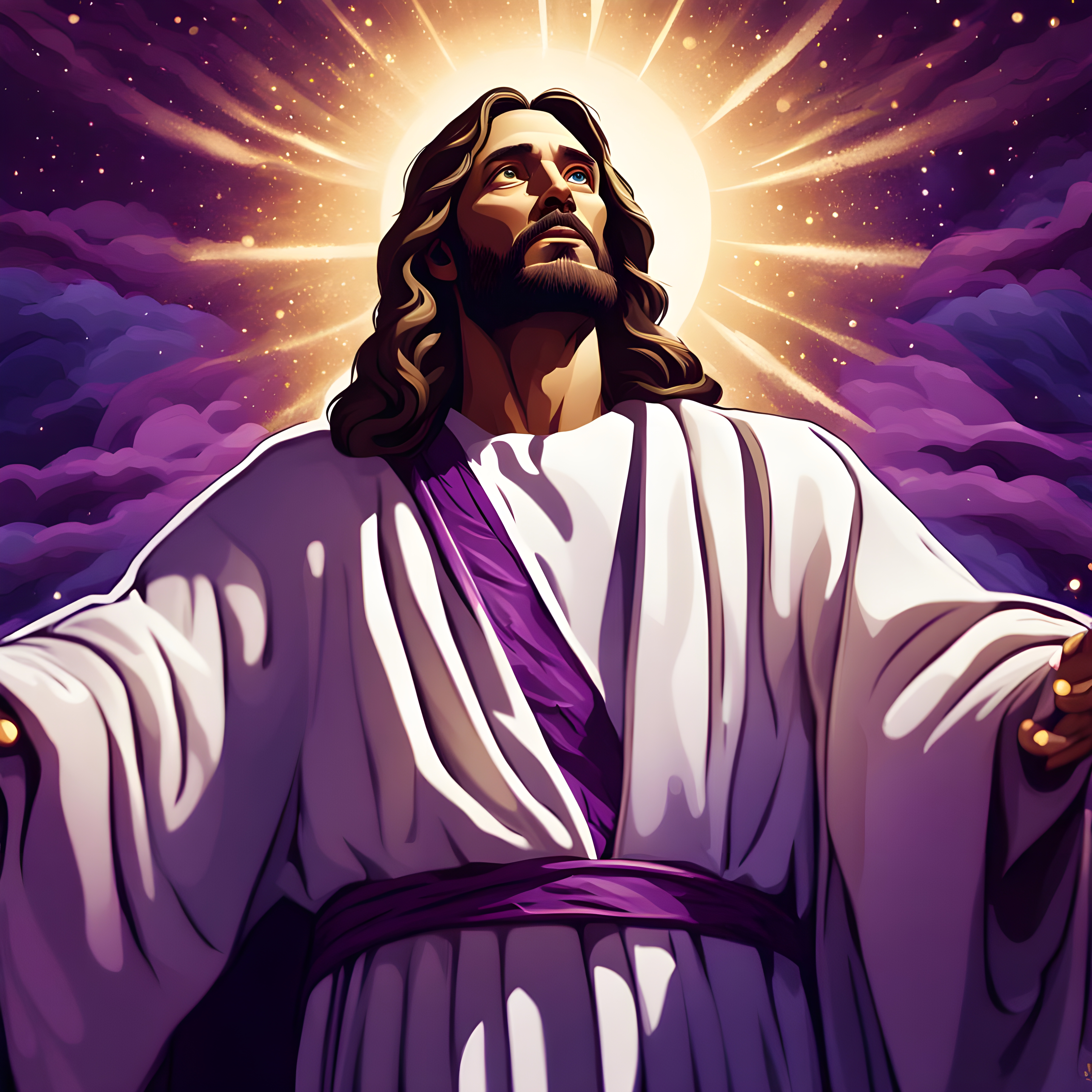The Parable of the Prodigal Son, found in the Gospel of Luke 15:11-32, is one of Jesus’ most well-known stories. It speaks to the heart of the Christian faith — the boundless grace of God and the transformative power of forgiveness and redemption. This story is not just about a young man’s wayward choices; it’s about the loving embrace of a father and the forgiveness he extends, a reflection of God’s unending mercy.
The Story of the Prodigal Son
At the beginning of the story, a younger son asks his father for his portion of the inheritance. In the ancient world, this request would have been incredibly disrespectful, as it symbolized wishing his father dead. Yet, the father, demonstrating unconditional love, grants the son his portion. The young man leaves home, travels to a far-off country, and squanders all his wealth in reckless living.
When a famine strikes, the son finds himself in dire need, forced to work with pigs, a job considered unclean and degrading in Jewish culture. In his moment of despair, he realizes his mistake and remembers how even his father’s servants had food to spare. The son decides to return to his father, repentant and willing to work as a servant.
But when he is still a long way off, his father sees him and, filled with compassion, runs to embrace him. Before the son can complete his apology, the father declares, “For this son of mine was dead and is alive again; he was lost and is found,” and throws a feast in his honor. The father’s overwhelming love and forgiveness demonstrate the depth of grace available to all who repent and return to God.
The Power of Forgiveness
At its core, the parable of the Prodigal Son is about forgiveness. The father’s willingness to forgive his son, even after he wasted his inheritance on sinful living, challenges human understanding. In the world today, forgiveness is often viewed as conditional — based on the offender’s actions or sincerity. But in this parable, the father forgives his son without hesitation, not because the son has earned it, but because of his love.
In the same way, God offers forgiveness to us not because we deserve it, but because of His deep love for us. The Prodigal Son’s return to the father is a powerful metaphor for the sinner’s return to God. When we fall short, make mistakes, or turn away, God is always waiting with open arms to receive us back. The father’s actions in the story reflect God’s desire for reconciliation, and His grace shows us that it’s never too late to come back to Him.
The Lesson of Redemption
Redemption is another key theme in this parable. The son, having squandered his wealth, is hopeless and lost. But when he returns, not only is he forgiven, but he is restored to his former position as a son. The father does not ask him to prove his worth or perform acts of penance; instead, he welcomes him back with open arms, restoring his dignity and place in the family.
This mirrors the redemptive power of God’s grace in our lives. Through the sacrifice of Jesus Christ, we are offered redemption — a chance to be made whole again. No matter how far we’ve fallen, how deep our mistakes, or how much we feel unworthy, God’s love is always greater. Redemption is not about earning our way back; it’s about receiving God’s gift of grace and returning to Him with a repentant heart.
The Elder Son: A Lesson in Grace
While the Prodigal Son is the focus of the story, the elder son’s reaction offers additional lessons. When he returns from the fields and learns of the celebration for his younger brother, he becomes angry and refuses to join in. He feels that he has been faithful to his father and that the younger son, who squandered his inheritance, does not deserve such a warm welcome.
The father’s response is gentle yet firm. He reminds the elder son, “You are always with me, and everything I have is yours. However, we had to rejoice and be happy because your brother was lost and found, dead and alive again.” The father’s response teaches us that grace is not a limited resource. Just because God forgives one person does not diminish His love for us. The father’s invitation to the elder son is an invitation to embrace the joy of reconciliation and the beauty of grace, not begrudge it.
Conclusion: A Call to Forgive and Be Forgiven
The Parable of the Prodigal Son is not just a story of a son’s waywardness; it’s a reminder of the boundless grace, forgiveness, and redemption that God offers to all. It invites us to reflect on our own need for forgiveness and to embrace the reality that no matter how far we’ve gone, God is always ready to welcome us home. It also challenges us to extend that same forgiveness to others, to celebrate redemption, and to never let pride or jealousy prevent us from sharing in the joy of God’s grace.
In a world that often struggles with forgiveness and understanding, the Prodigal Son’s story serves as a powerful reminder of the transformative power of love and mercy. Whether you are the wayward son or the dutiful one, remember that God’s grace is available to all. The door is always open, and the celebration is always ready for those who return to Him.




